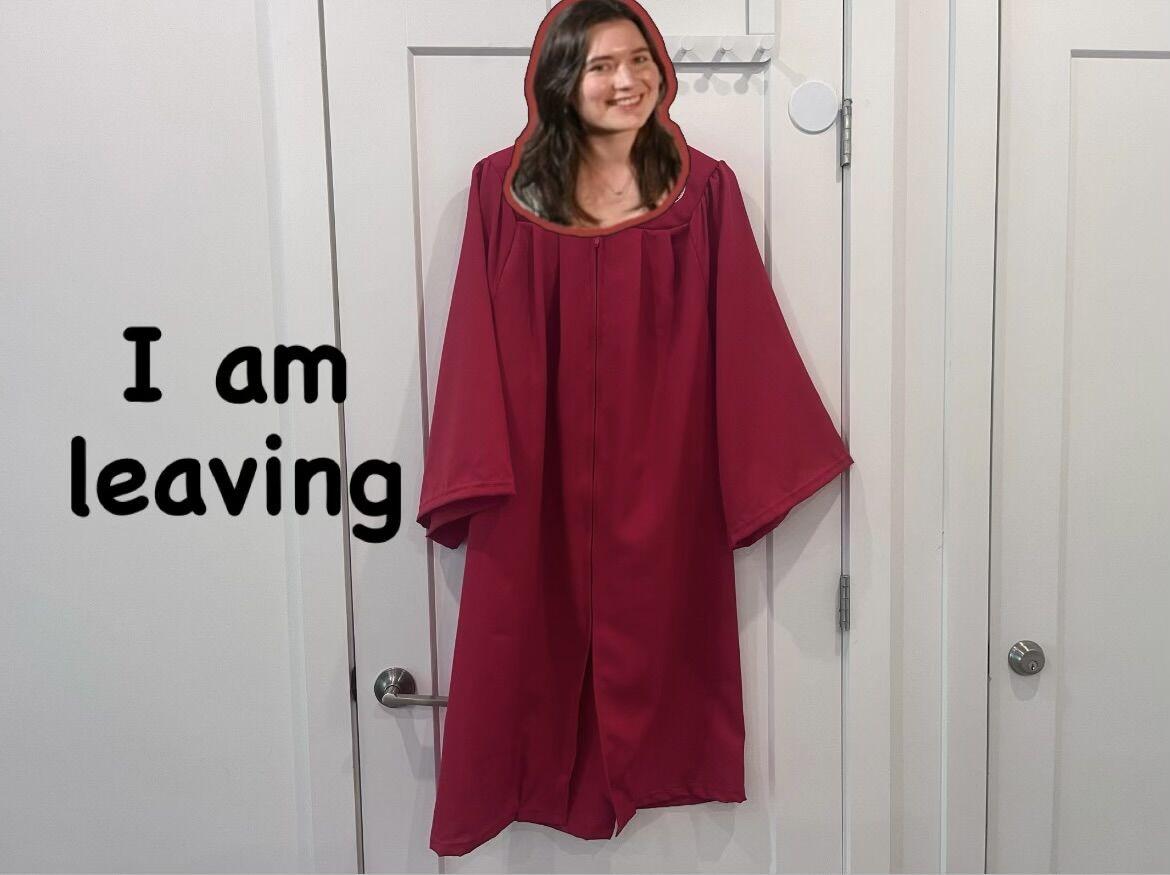A column from Aug. 21 about healthful eating in the Technician had some good advice but also, unfortunately, contained quite a bit of misinformation. First, the author says that “toxic chemicals” are produced in the large intestine as a result of fermentation (apparently of carbohydrates) by its resident microorganisms. However, there is no evidence that this is true. (The idea comes from 19th century beliefs about what went on in the large intestine.) He also refers to the “dissolving” of glucose, however dissolution refers to the process by which a solid goes into solution — what he is really talking about is metabolism, a process that can involve either catabolism (the breaking apart) or anabolism (the synthesis) of molecules.
And while he correctly identifies the liver as the site of glucose metabolism, he incorrectly has the stomach carrying out the liver’s job of synthesizing fat from carbohydrates. If sugar actually stayed in your stomach, as he suggests, it could never turn to fat because its component molecules (glucose and fructose) must first be absorbed into the body through the small intestine before they can find their way to the liver for fat conversion.
Finally, he says that “our digestive system is able to identify which foods will provide immediate energy and which will be stored as a secondary energy source.” It is unclear exactly what he means by this, but the gastrointestinal tract has no role in energy storage. Its primary job is to digest and absorb as many “calories” as it can, regardless of whether they come from fat, carbohydrate or protein — that’s how we have managed to survive for many millennia, through periods of feast and famine. The fact is that, despite decades of trying, no one has ever been able to prove that one type or source of calories is any better or worse. People have lost weight eating no carbs and high carbs — Jared lost weight eating nothing but Subway sandwiches, a professor out in Kansas lost weight eating nothing but Twinkies, Little Debbie eating cakes and other assorted junk food … If you eat fewer calories than you expend (eat less, exercise more) you will lose weight. That doesn’t mean that it’s easy, but it does mean that there are no special tricks to it either.




